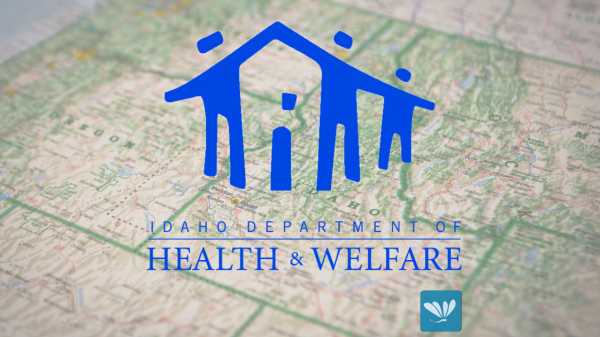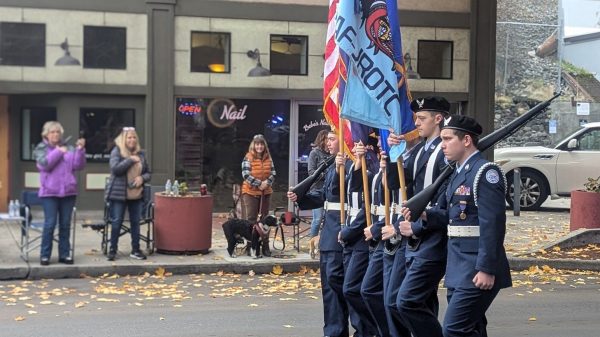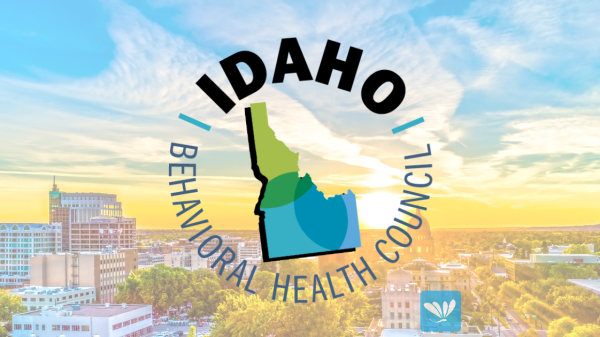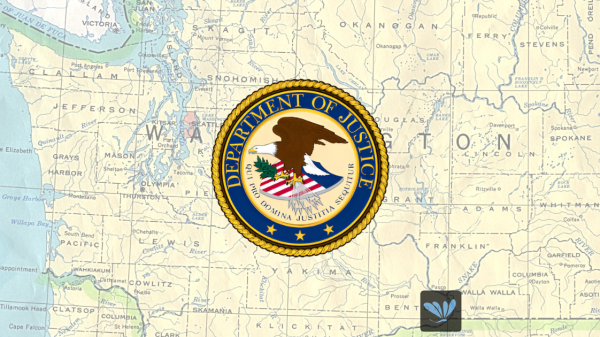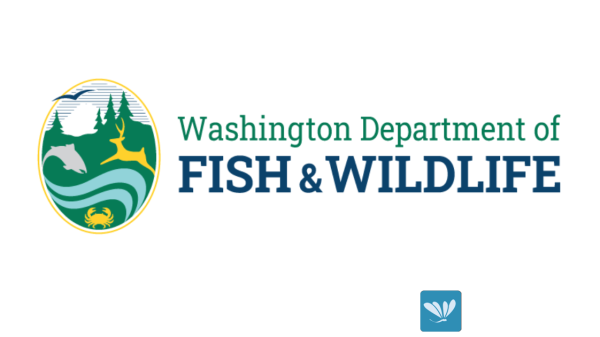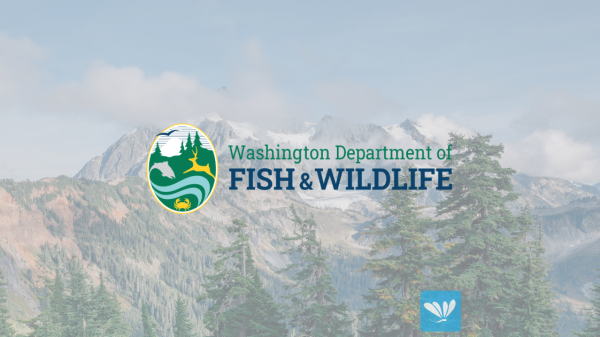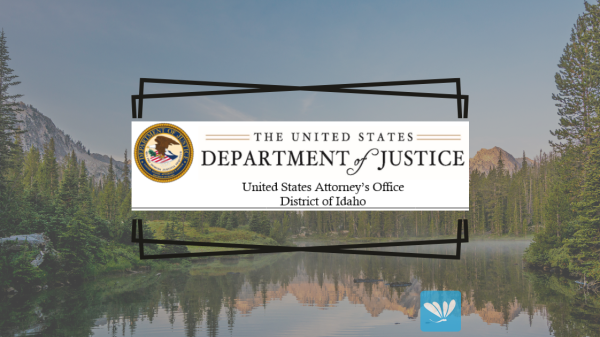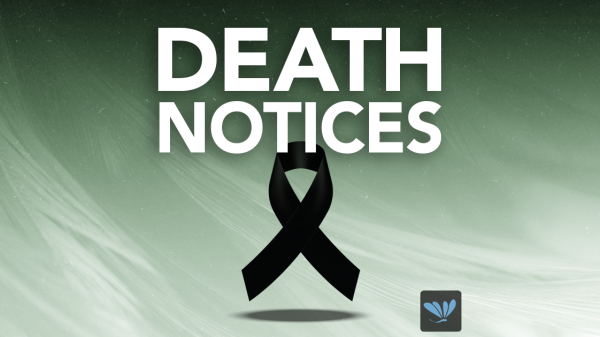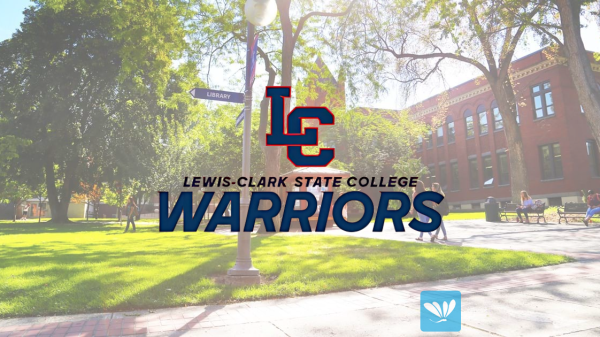(BOISE) – Schools in Idaho have the opportunity to take a leading role in warning educational communities about the dangers of fentanyl by sharing the latest information and statistics on the deadly substance at events created with students and parents in mind. The outreach program is designed to bring clear, effective messaging on the drug to entire school communities.
With help from a $400,000 allocation from the Idaho Legislature’s Millenium Fund Committee, the Idaho Department of Education has partnered with Idaho State Police to bring this life-saving opportunity to local education agencies in all six regions statewide. LEAs can host events that feature a presentation from an ISP trooper that covers the dangers of fentanyl, including how it enters communities, how students might encounter it and the life-threatening results it can have. These educational events are meant to be larger in scale than a typical school gathering, with funding of up to $3,000 available per district or charter. Adjacent districts and charters also have the option to collaborate on a larger, single event with $6,000 in available funding.
The project represents a build-out of a school outreach program Idaho State Police started several years ago.
“As the dangers of fentanyl continue to rise, this project is a crucial step in protecting our communities, especially our youth,” said Colonel Bill Gardiner, Director of ISP. “By bringing education and awareness into schools, we’re empowering students, teachers and parents with the tools they need to recognize the risks and make informed decisions. This initiative isn’t just about prevention—it’s about saving lives and creating a safer future for all.”
LEAs interested in taking advantage of this community outreach opportunity can visit https://www.
“This is a message that has the potential to impact so many lives,” said Superintendent of Public Instruction Debbie Critchfield. “I’d like to thank the Idaho Legislature and our partners at ISP for making this potentially life-saving programming possible, and I’d like to invite schools statewide to take the lead in helping communities better understand and combat this deadly drug.”







